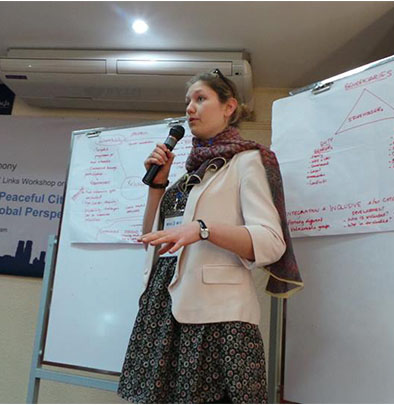Water and Sanitation in Dhaka’s Low-Income Settlements, Bangladesh
by Sally Cawood
May 29, 2018
1 min
Author draws on data collected in three low-income settlements to outline how much residents pay for water and sanitation (WatSan) services in Dhaka, Bangladesh.
MicroSave’s ‘Low Income Lives’ series provides an opportunity to learn how low-income households manage their lives based on empirical data. In this edition, Sally Cawood draws on data collected in three low-income settlements to outline how much residents – a mixture of tenants, house owners and landlords – pay for water and sanitation (WatSan) services in Dhaka, Bangladesh. Despite significant improvements, fieldwork reveals that overlapping financial and political insecurities at the household and settlement level greatly affect the costs and terms of access.
Written by

 by
by  May 29, 2018
May 29, 2018 1 min
1 min
Leave comments